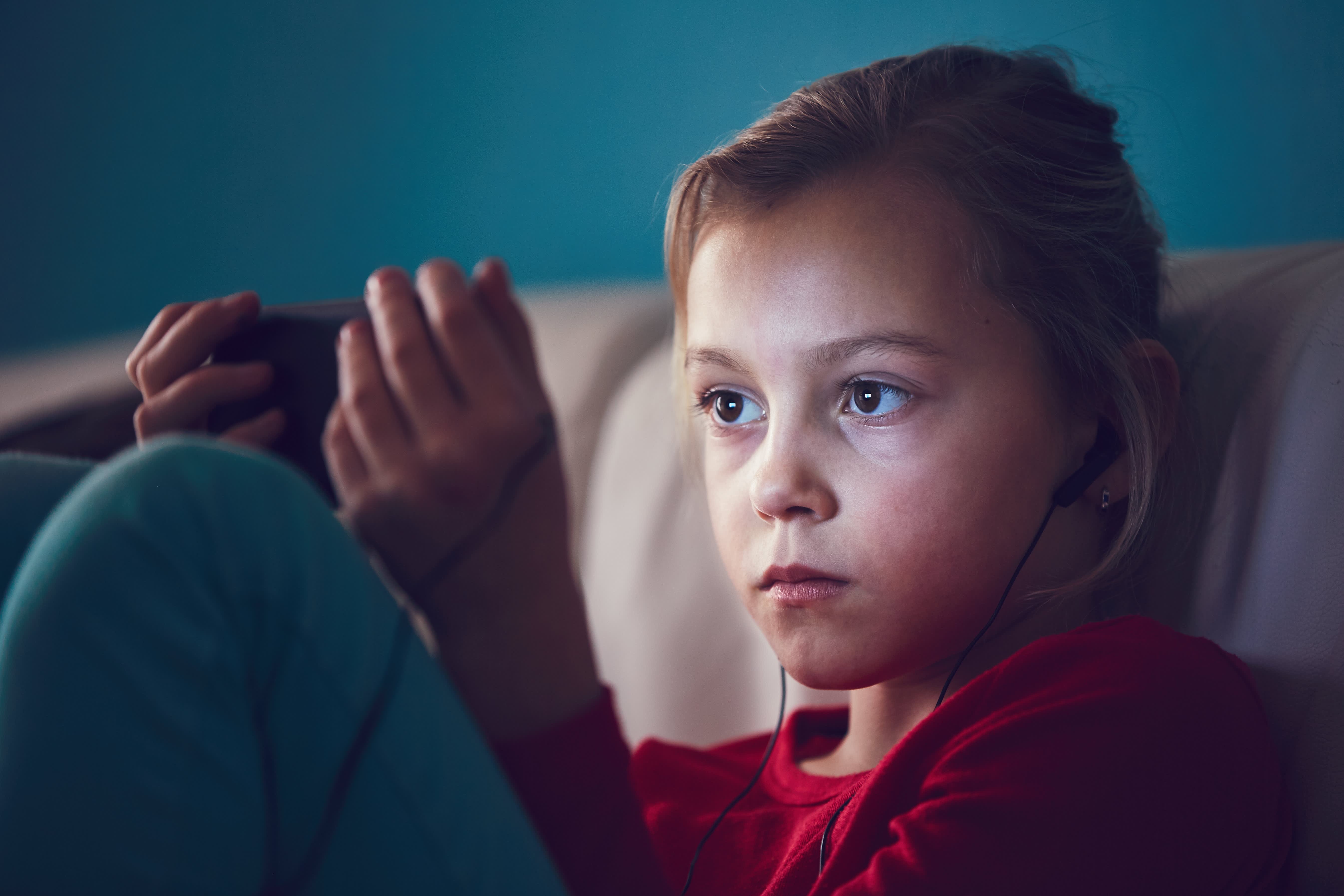
Society's fear of how technology is hurting our kids' ability to focus and achieve success has reached a fever pitch — and many parents have resorted to extreme measures.
A quick search>Kids have psychological needs
Just as the human body requires macronutrients to run properly, the human psyche has its own needs in order to flourish. Distractions satisfy deficiencies. So when kids aren't given the "psychological nutrients" they require, they are more likely to overdo unhealthy behaviors and look for satisfaction — often in virtual environments.
If you want to raise highly successful and "indistractable" kids, these are the three most important psychological nutrients that need to be met:
1. Autonomy
It might sound like a horrible idea, but giving your kid freedom of control over their choices can actually be a good thing.
According to>2. Competence
Think about something you're good at, like cooking a delicious meal or parallel parking in a tight space. Competence feels good, doesn't it? And that feeling grows alongside your ability to achieve success in life.
Unfortunately, the joy of progress is a waning feeling among kids today. Too often, kids are given the message that they're not competent at what they do. Standardized tests, for example, are a major contribution to this problem, because they don't account for the fact that different kids have different developmental rates.
If a child isn't doing well in school and doesn't get the necessary individualized support, they may start to believe that achieving competence is impossible. So they stop trying. In the absence of competency in the classroom, kids turn to potentially unhealthy outlets to experience the feeling of growth and development.
Companies making games, apps and other potential distractions are happy to fill that void by selling ready-made solutions for the "psychological nutrients" kids lack. They know much consumers enjoy leveling up, like gaining more followers or getting likes. These accomplishments all provide the fast feedback of achievement that feels good.
What parents can do: Ease up>3. Relatedness
Like adults, children want to feel important to others — and vice versa. The opportunity to satisfy this need (and develop social skills at the same time) centers around opportunities to play with others.
In today's world, however, the very nature of play is rapidly changing. Whereas previous generations were allowed to play after school and form close social bonds, many children today are raised by parents who restrict outdoor play, due to "child predators, road traffic and bullies," according to a survey of parents in an Atlantic article.
"For more than 50 years, children's free play time has been continually declining, and it's keeping them from turning into confident adults," the author noted. Sadly, this downward spiral leaves many kids with no choice but to stay indoors, attend structured programs, or rely on technology to connect with others.
What parents can do: Give your kids more free time to have in-person interactions with others of their own age. This will help them find the connections they might otherwise look for online or through social media.


Comments
Post a Comment